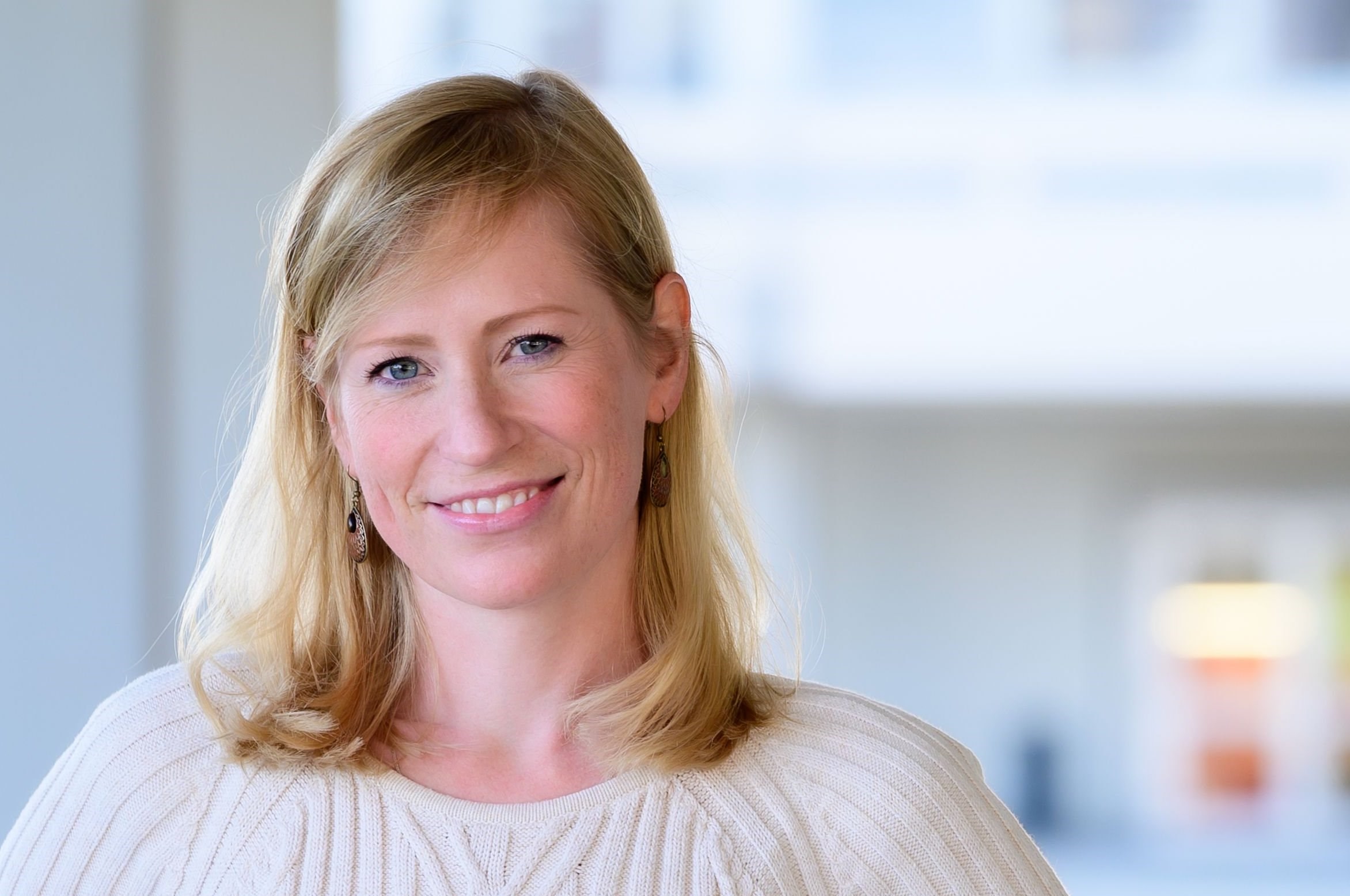Illuminating the Beginning of Life
Speaker: Melina Schuh (Max Planck Institute for Multidisciplinary Sciences, Germany)
13 March 2025 17:00
Mendel Lectures take place in Mendel´s refectory in the Mendel Museum Brno
Hosted by: doc. MVDr. Martin Anger, CSc.
Melina Schuh is a Director at the Max Planck Institute for Multidisciplinary Sciences in Göttingen, Germany, where she leads the Department of Meiosis. She graduated in Biochemistry from the University of Bayreuth in 2004, working on centromeres in Drosophila embryos with Stefan Heidmann and Christian F. Lehner. In 2008, she obtained her PhD from the University of Heidelberg and the European Molecular Biology Laboratory (EMBL), where she established methods for high-resolution microscopy of live mouse oocytes in the group of Jan Ellenberg. In 2009, she became a Group Leader at the MRC Laboratory of Molecular Biology (LMB). At the LMB, her group carried out the first studies of meiosis in live human oocytes and developed strategies for high-content screens for meiotic genes in mammals. In 2016, she was appointed as Director at the Max Planck Institute for Biophysical Chemistry. In 2022, the Institute fused with the Max Planck Institute for Experimental Medicine into the Max Planck Institute for Multidisciplinary Sciences. Her laboratory studies how errors arise during the meiotic divisions of mammalian eggs, and what causes the age-related decline in female fertility. Her lab also developed a new method for the acute degradation of endogenous proteins, called Trim-Away. Recent work from her lab established essential functions for actin and a liquid-like spindle domain in acentrosomal spindle assembly, and revealed the cause of spindle instability in human oocytes. She also recently discovered how mRNAs and proteins are stored in oocytes for the early embryo. Melina Schuh is a member of the Leopoldina (German National Academy of Sciences), an EMBO member and a recipient of the Leibniz Prize, the EMBO Gold Medal, the Colworth Medal, an ERC Starting Grant, a Biochemical Society Early Career Award, the European Young Investigator Award, the Lister Research Prize, the John Kendrew Young Scientist Award, and the Binder Innovation Prize.
The lecture is supported by the PPSŘ fund.

Stay with us...











